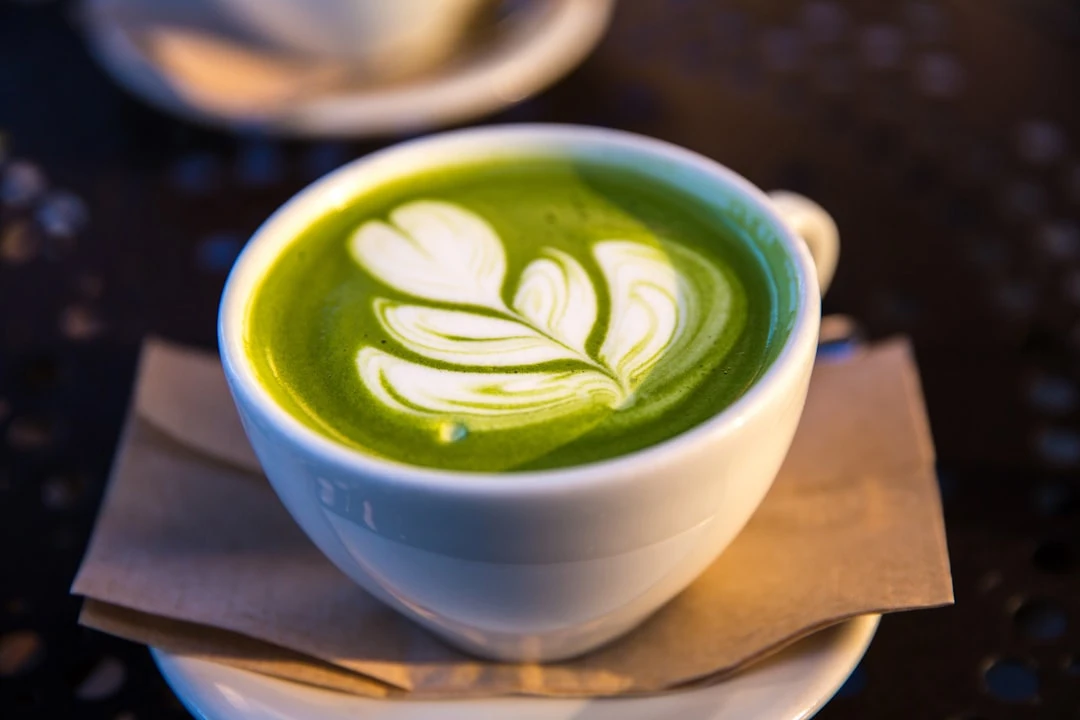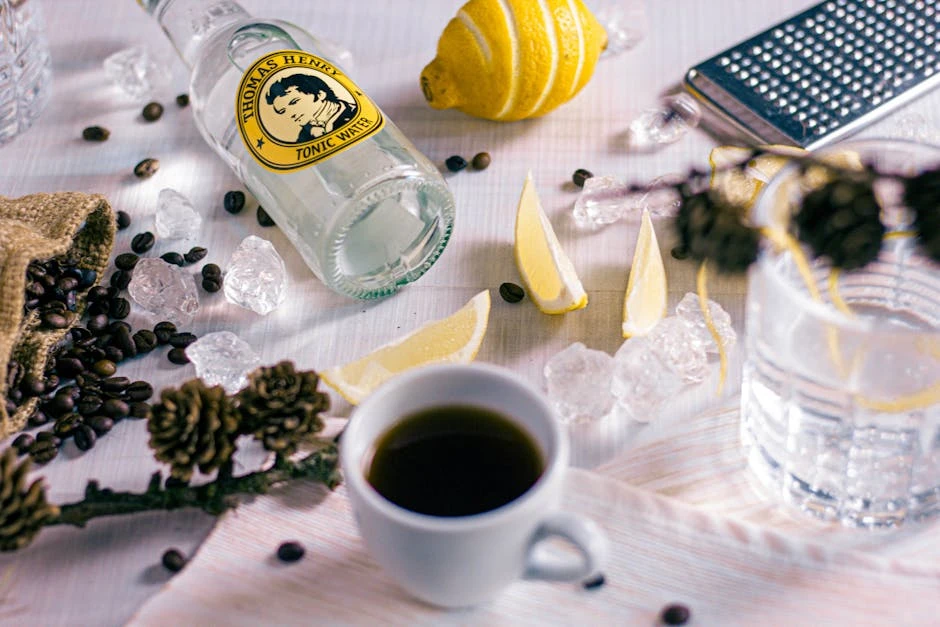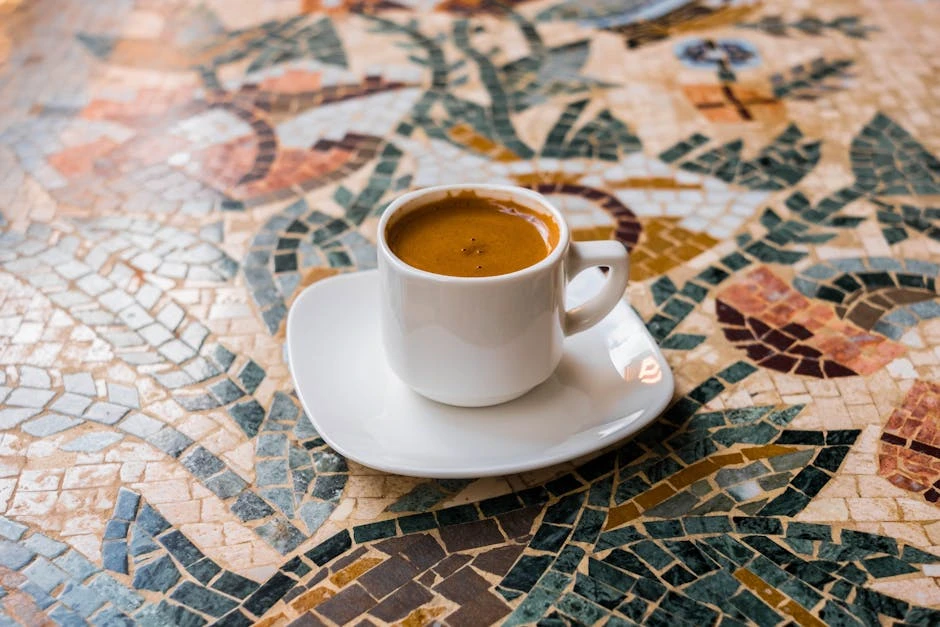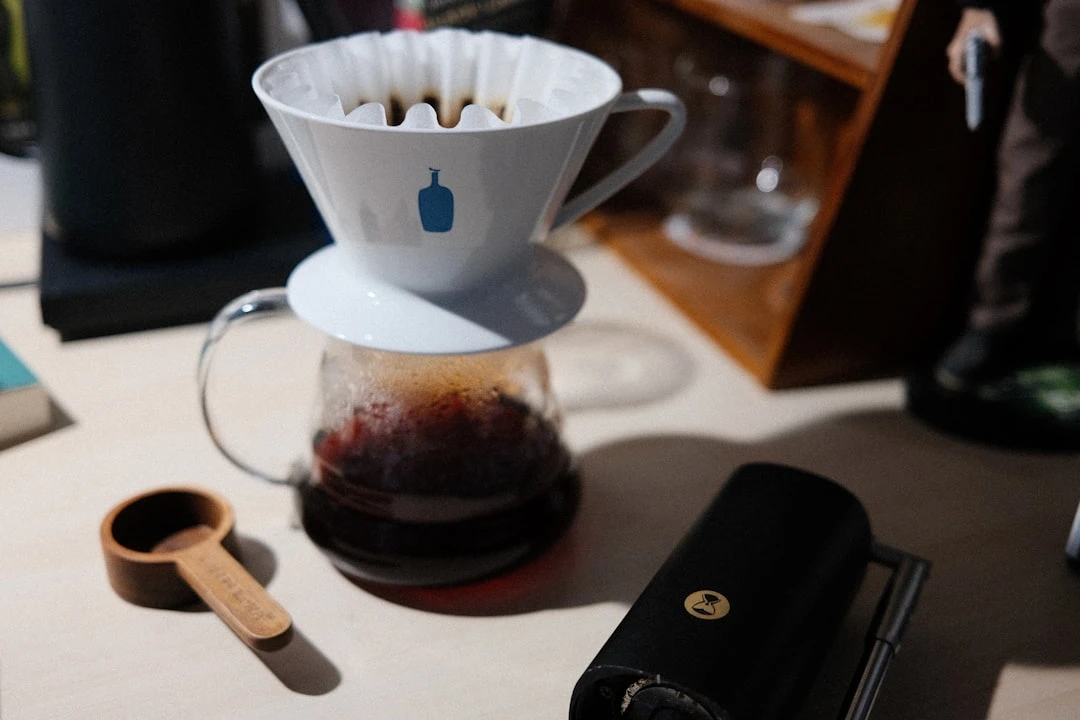Coffee vs Matcha: Which Brew Wins for Health & Energy?

The Great Caffeine Showdown: Coffee vs. Matcha
Picking between coffee and matcha? It’s deeper than flavor—it’s about how you want to feel. One’s a lightning bolt, the other a sunrise. Coffee jolts you upright before you’ve even blinked. Matcha? It tugs you gently into clarity, like slipping into a quiet room.
Your average coffee dumps 95 mg of caffeine into your veins, while matcha lingers around 35-70 mg. But here’s the twist: matcha pairs its buzz with L-theanine. Think of it as caffeine’s calm older sibling—steady hands, no jitters. Coffee’s the king of instant fuel, sure, but that midday nosedive? Yeah, it’s coming.
Health perks? Both shine. Coffee’s packed with antioxidants—brain food, heart armor, the works. Matcha, though? It’s like someone stuffed a kaleidoscope of benefits into powder form, thanks to EGCG. Sharper focus, tougher immune system—all in one sip.
So who takes the crown? Trick question. It’s about you. Need to rocket through the morning? Grab the espresso. Want to glide? Matcha’s waiting. The real test? How they hold up when life starts throwing punches.
What Are Coffee and Matcha?
Ah, coffee and matcha—two drinks that have found their way into the hands of people everywhere, each with its own quiet magic. One’s all fire and energy, the other a slow, steady hum. But how did they come to be? Let’s wander back for a moment.
Coffee’s Wild Start
They say it began with a goat herder named Kaldi, watching his flock dance after nibbling bright red berries. Centuries later, those same berries—roasted, crushed, and steeped—became the rich, dark brew we can’t seem to live without. From the spice-scented markets of the Middle East to the corner coffee shop down the street, it’s a love affair that’s never faded. The flavor? It shifts with the roast—bright and lively, deep and charred, or something right in the middle.
Matcha’s Zen Journey
It started in China, but Japan made it an art. Matcha isn’t just tea—it’s quiet focus in a bowl. The leaves grow tender in the shade, turning a shade of green so vivid it almost glows, then they’re ground slow and fine. Whisk it with water, and suddenly it’s creamy, earthy, a sip that wakes you up without the jitters. And since you’re drinking the whole leaf, it’s like a quiet little superfood, giving you just enough lift to keep moving.
Coffee’s the clatter of morning dishes; matcha’s the first deep breath of dawn. Both carry centuries in their flavor—and really, it’s a wonder they ever reached us at all.
Nutritional Breakdown: Comparing Health Benefits
Some mornings scream for a straight shot of coffee, others hum for matcha’s quiet buzz. They’ll both wake you up—just in totally different ways.
Coffee is that friend who barges in yelling, "Rise and shine!" One cup packs 95 mg of caffeine, jolting your brain and muscles into gear. It’s loaded with antioxidants—those sneaky inflammation fighters—and ties to perks like dodging diabetes. But go too hard? Say hello to jitters and midnight mind-chatter.
Matcha leans in close, murmuring instead of shouting. At 70 mg of caffeine plus L-theanine (basically nature’s chill pill), it’s focus without the frenzy. No jitters here—just EGCG (an antioxidant superhero), vitamins like A, C, and E, and even chlorophyll to help detox. Your heart, skin, and immune system are all in.
Need to power through a deadline stat? Coffee’s your go-to. Craving smooth, steady clarity? That’s matcha’s sweet spot.
The Verdict:
- Coffee = quick blaze, possible crash.
- Matcha = slow burn, bonus nutrients.
- Both kickstart metabolism and fend off the bad guys—just choose your rhythm.
So—team lightning strike or team gentle glow? Your move. (Or hey, switch-hit. No pressure.)
Caffeine Content and Energy Effects
Ever notice how coffee hits like a lightning bolt, while matcha feels more like a slow sunrise? A standard cup of coffee packs 95 mg of caffeine—enough to jolt you awake—but matcha lingers around 70 mg for the same size. The difference? Matcha’s secret weapon: L-theanine. This amino acid teams up with caffeine to keep you sharp without the shaky hands or that post-crash regret.
Coffee’s great when you need energy now, but it can leave you dragging by noon. Matcha? It’s the tortoise in this race—unfolding its caffeine over 4-6 hours like a gentle wave instead of a tidal surge. The L-theanine smooths out the edges, so your brain stays dialed in, not wired and scattered.
If coffee turns you into a jittery mess, matcha might be your zen alternative. Downing more than 400 mg of caffeine a day (hello, third espresso) can wreck your sleep or stir up stomach drama. Matcha’s mellower vibe usually sidesteps that chaos.
So, which wins?
- Coffee when you need to go fast.
- Matcha when you want to stay steady.
No wrong answers here—just choose your fuel based on whether you’re sprinting or marathon-running through the day.
Taste, Preparation, and Cultural Significance
Coffee and matcha—two sips, two entirely separate universes. One’s all fire and noise; the other, a slow exhale. Their flavors, their rituals, even the way they settle in your hands couldn’t be more different.
Flavor
Coffee barges in. It’s got opinions—charred and bitter, or maybe bright like citrus, depending on the roast. Light roasts dance, dark ones brood. Matcha? It doesn’t shout. It’s grass and earth, with a whisper of sweetness beneath. The good stuff melts on your tongue; the cheap kind? Well, let’s just say you’ll remember the aftertaste.
Brewing
Coffee’s a choose-your-own-adventure. Drip for mornings when you’re half-asleep, espresso when you need to punch through the day. Some methods feel like you’re tinkering in a lab. Matcha keeps it simple—hot water, a bamboo whisk, and patience. Though these days, it’s just as happy blended into something frothy and sweet.
Tradition
Coffee’s the life of the party. Italian counters buzzing, Ethiopian ceremonies lingering for hours, diner mugs refilled while stories spill over. It’s loud and alive. Matcha prefers quiet. In Japan, the tea ceremony is a meditation—every gesture measured, every sip deliberate. One jolts you awake; the other helps you remember how to breathe.
Different cravings, different cups. Sometimes you need a spark. Sometimes, stillness.
Potential Side Effects and Who Should Avoid Them
Coffee and matcha can be wonderful—until they’re not. We’ve all been there: one cup too many, and suddenly you’re jittery or nursing an upset stomach. Here’s the honest truth about when these drinks might work against you.
Coffee’s Not-So-Fun Side
That 95–200mg caffeine kick per cup? It’s not always your friend. Some people end up shaky, staring at the ceiling at 3 a.m., or feeling their heart race. Push it too far, and your body might start needing the stuff. If you battle heartburn or anxiety, coffee loves to prod those tender spots. And if you’re pregnant, most doctors suggest keeping it under 200mg a day—so maybe pass on that fourth shot.
Matcha’s Sneaky Bits
Sure, the L-theanine smooths out the caffeine (matcha has around 70mg per serving), but overdo it and you might be left with a headache or a sour stomach. And cheap matcha? It could come with unwanted extras like heavy metals—so it’s worth splurging for quality. Here’s another thing: if iron’s been a struggle for you, matcha’s tannins might make it harder for your body to absorb supplements.
Think Twice If You’re…
- Someone who feels wired after half a latte
- Dealing with heart issues or high blood pressure
- Pregnant or breastfeeding (better to play it safe)
- Fighting acid reflux (coffee’s basically a heartburn invitation)
- On ADHD meds or other stimulants (caffeine might clash)
The takeaway? Enjoy wisely. But if your body’s sending up warning flares, it’s probably worth checking in with a doctor first.
Final Verdict: Which One Should You Choose?
Picking between coffee and matcha? It comes down to what your body’s asking for—maybe a quick burst of energy, a health kick, or just a flavor that hits right. Truth is, neither’s "better." They’re just different, and that’s what makes it interesting.
You’ll lean toward coffee if:
- You need energy fast—that caffeine kick (95-200mg per cup) comes on quick and strong.
- You’re all about deep, intense flavors—whether it’s straight black or something creamy and sweet.
- You want a little extra push during workouts or deadlines—coffee’s got your back for stamina and sharpness.
Matcha’s the move when:
- Jitters aren’t your thing—its milder caffeine (30-70mg) mixed with L-theanine keeps you steady and awake.
- Antioxidants matter to you—matcha’s loaded with EGCG, great for metabolism and long-term health.
- You’re into earthy, soothing flavors—or just enjoy the quiet rhythm of whisking a cup.
Quick health note: Matcha’s easier on your stomach (a win if coffee twists you up), but coffee’s tied to benefits like lowering diabetes risk.
So what’s the call? Need to move fast and think sharp? Coffee. Want steady focus and a nutrient boost? Matcha. Or—why not both? Maybe matcha in the morning, coffee when the day drags. Trust what your body tells you, and roll with it.


